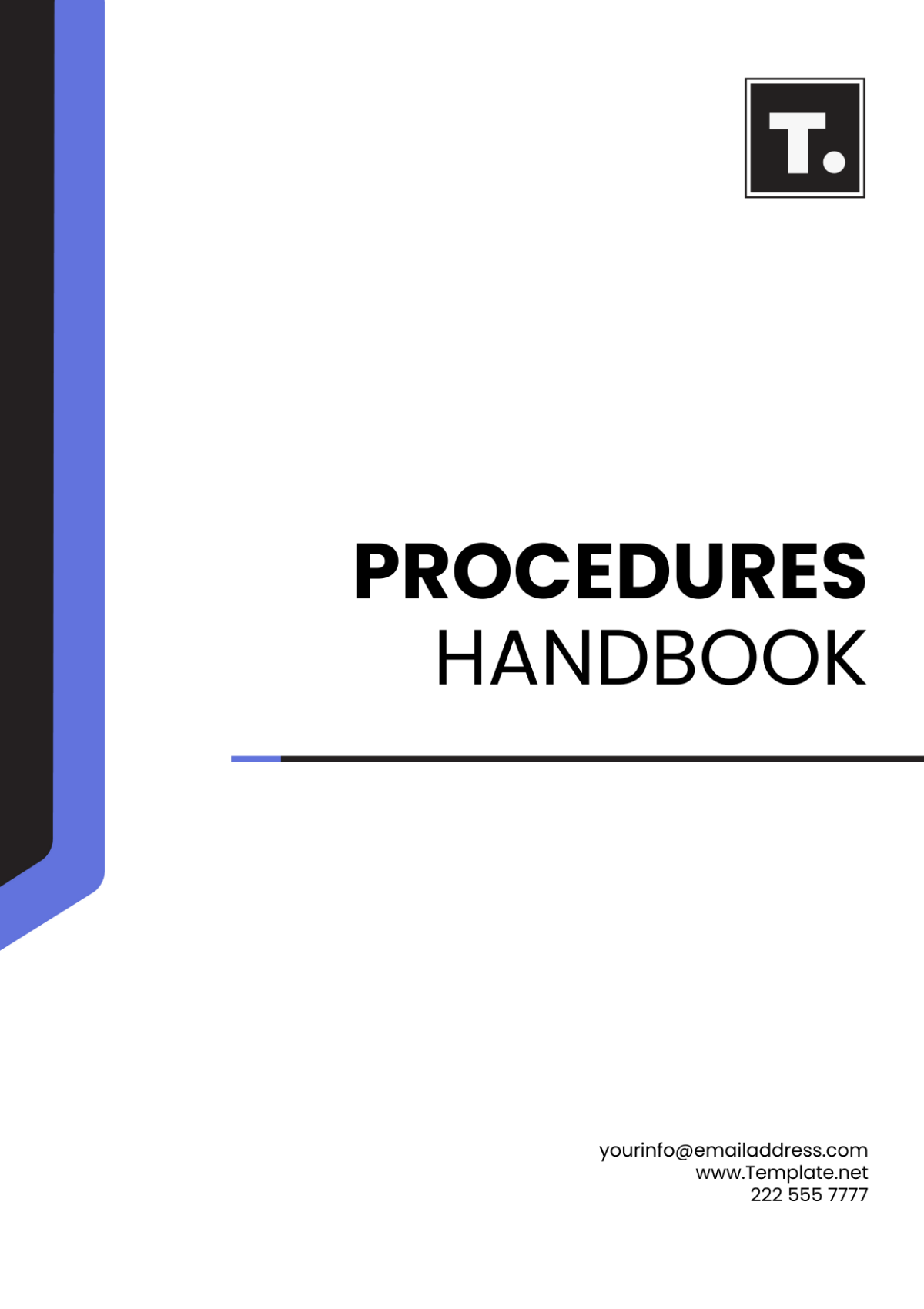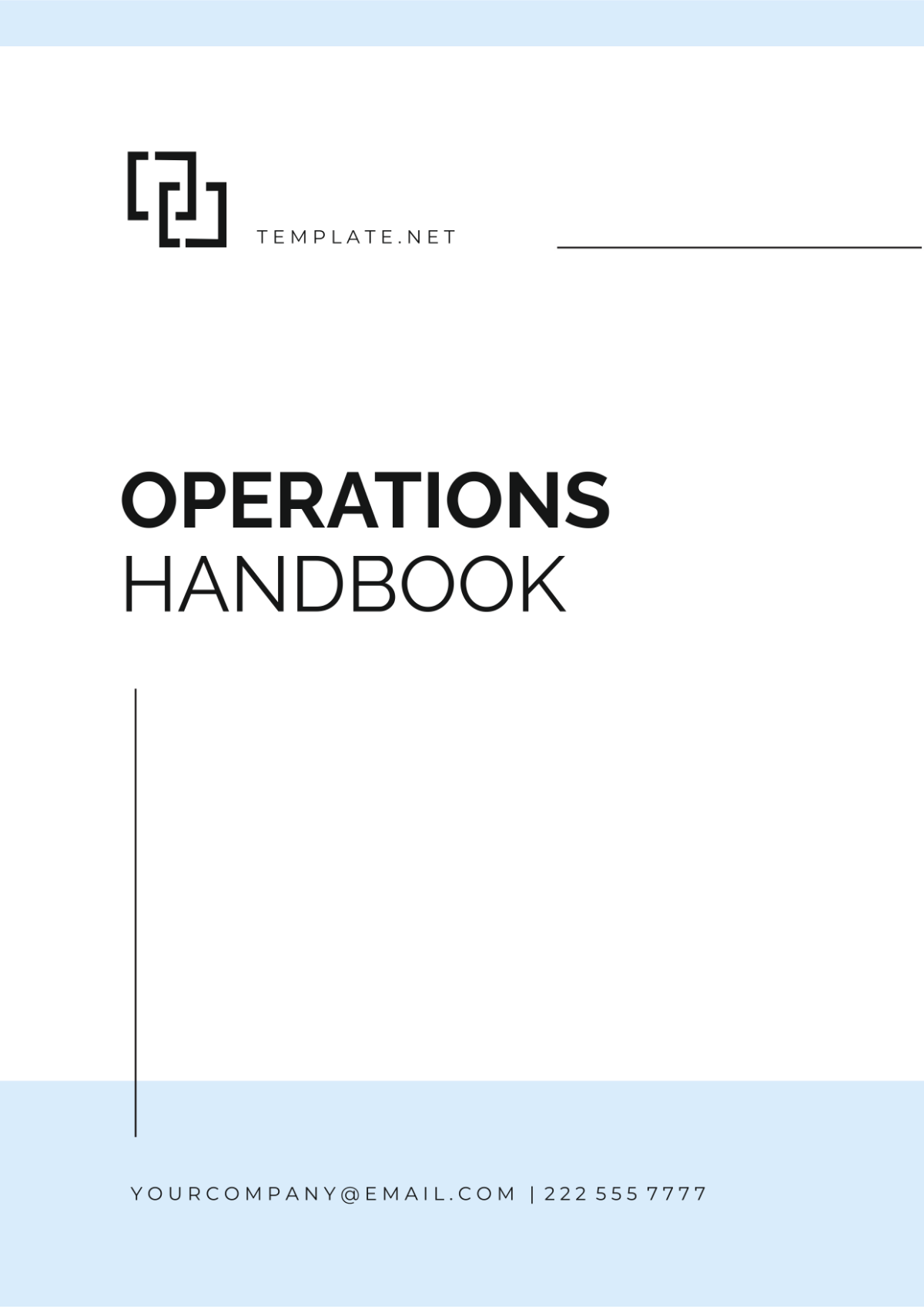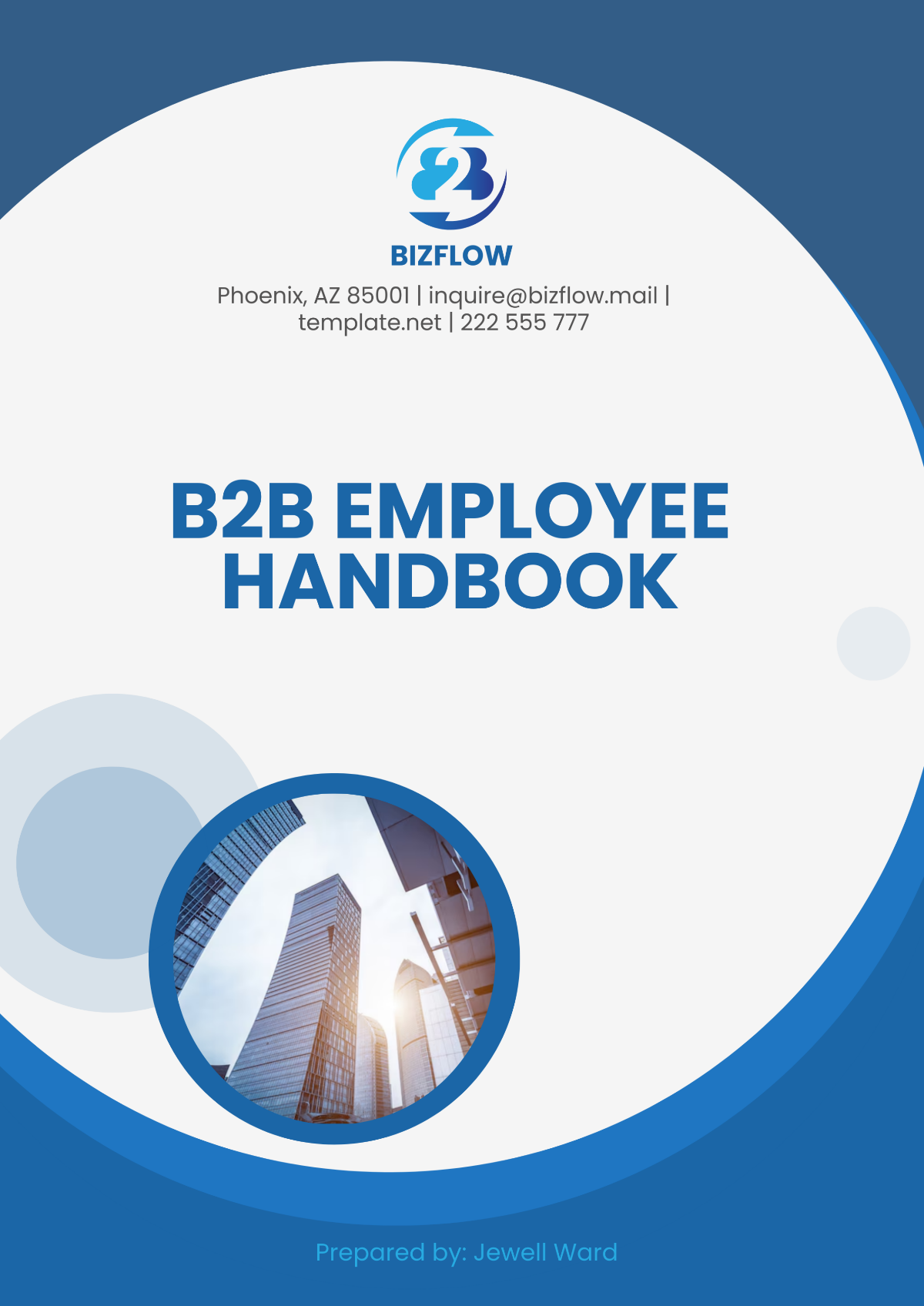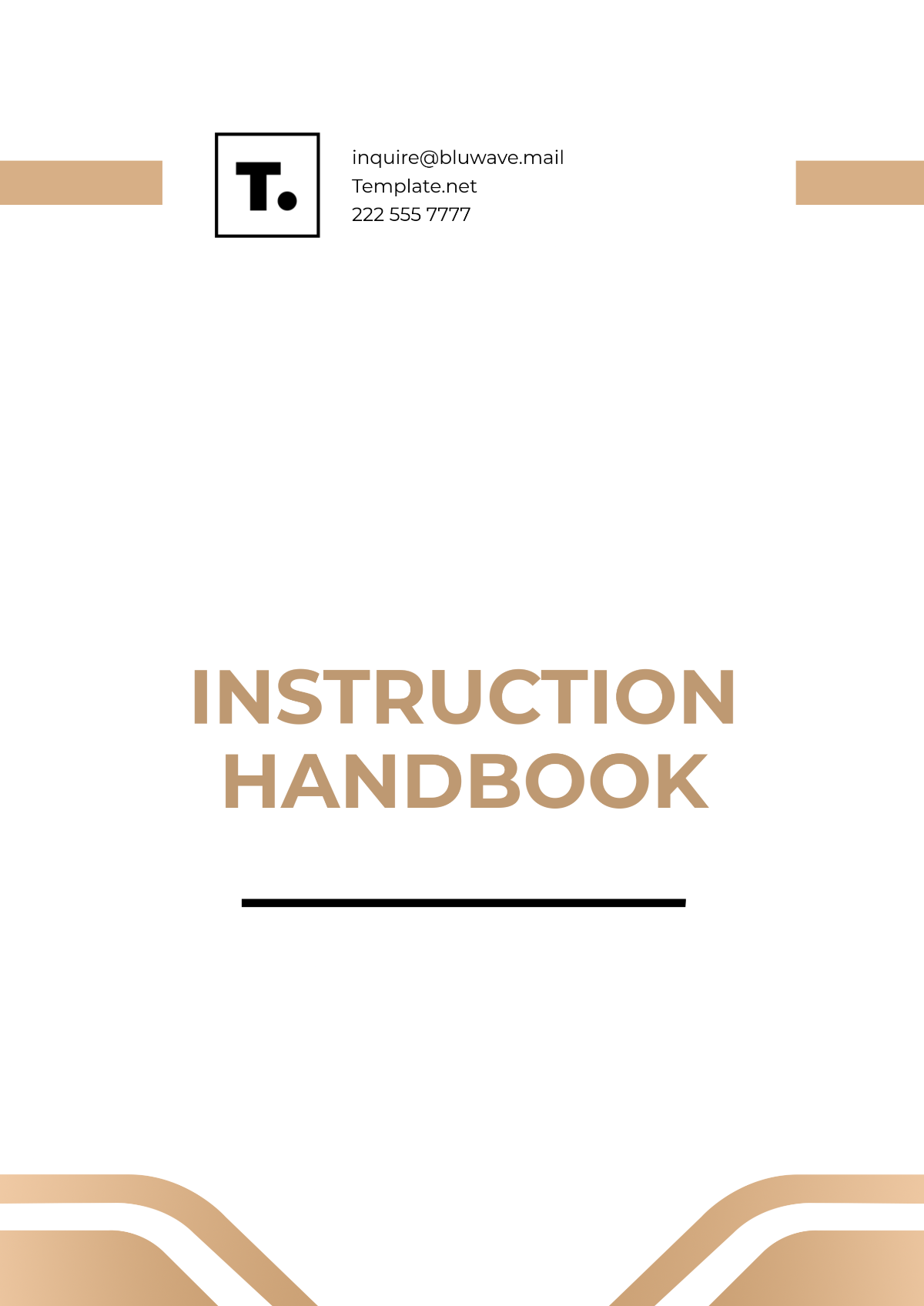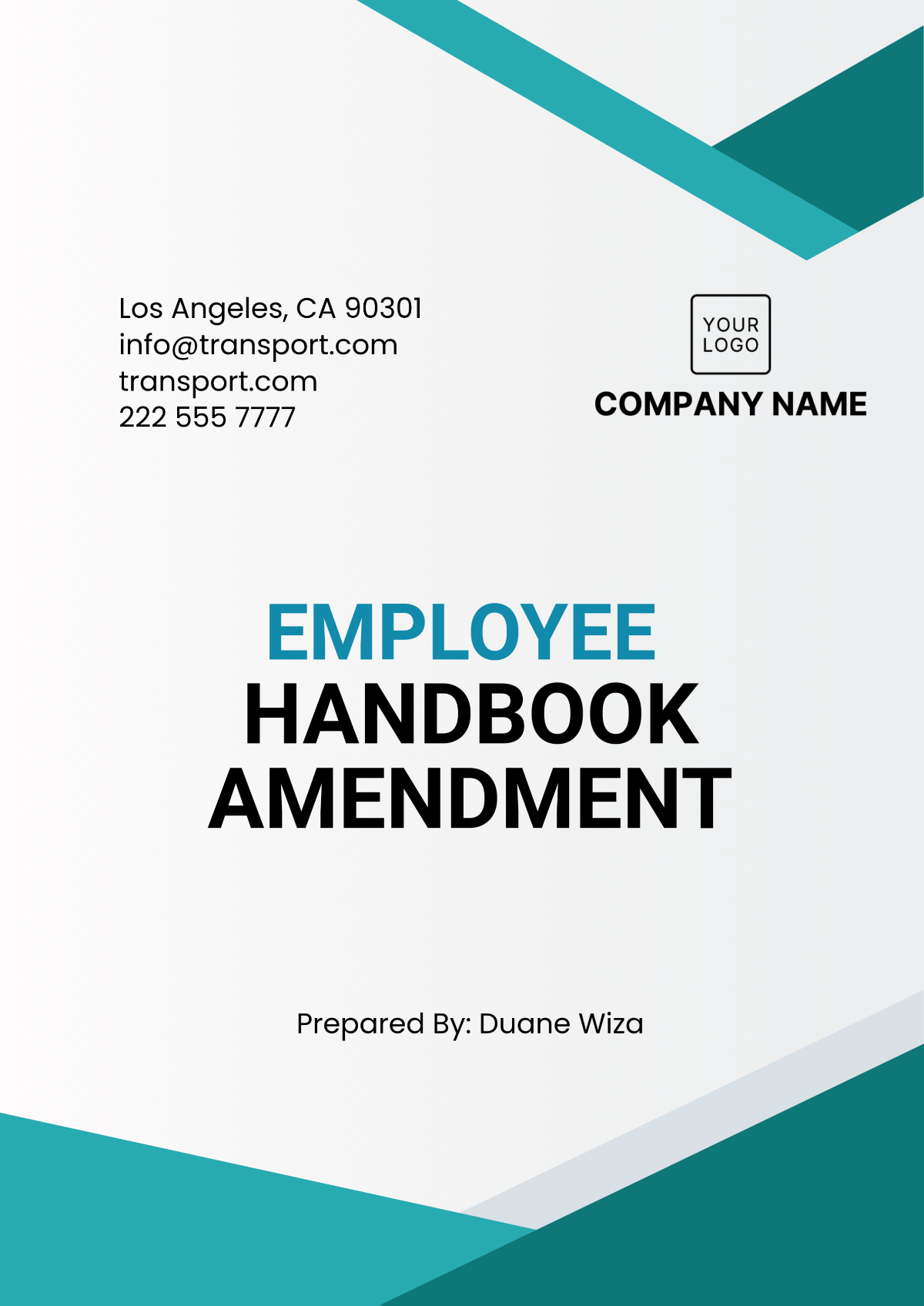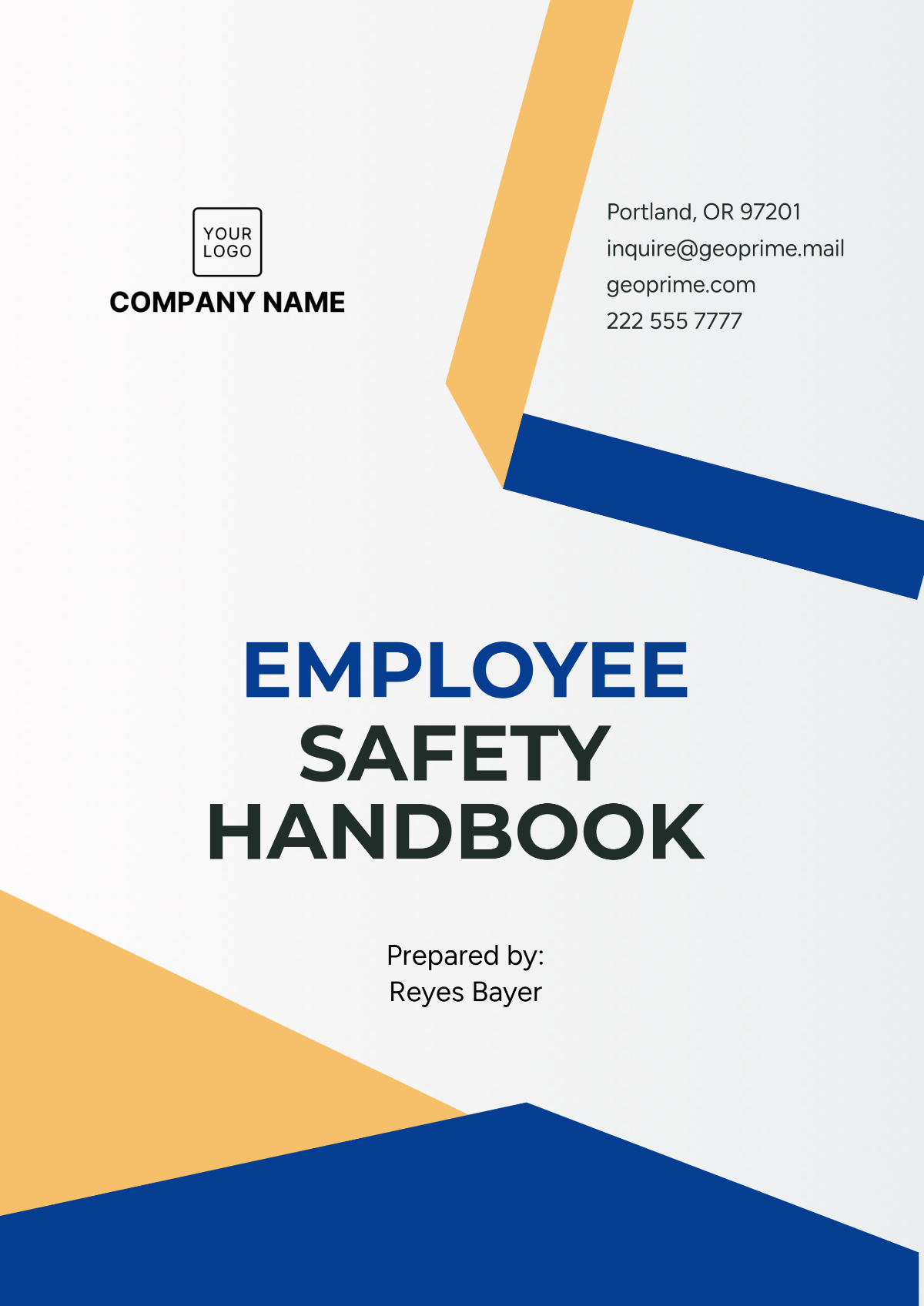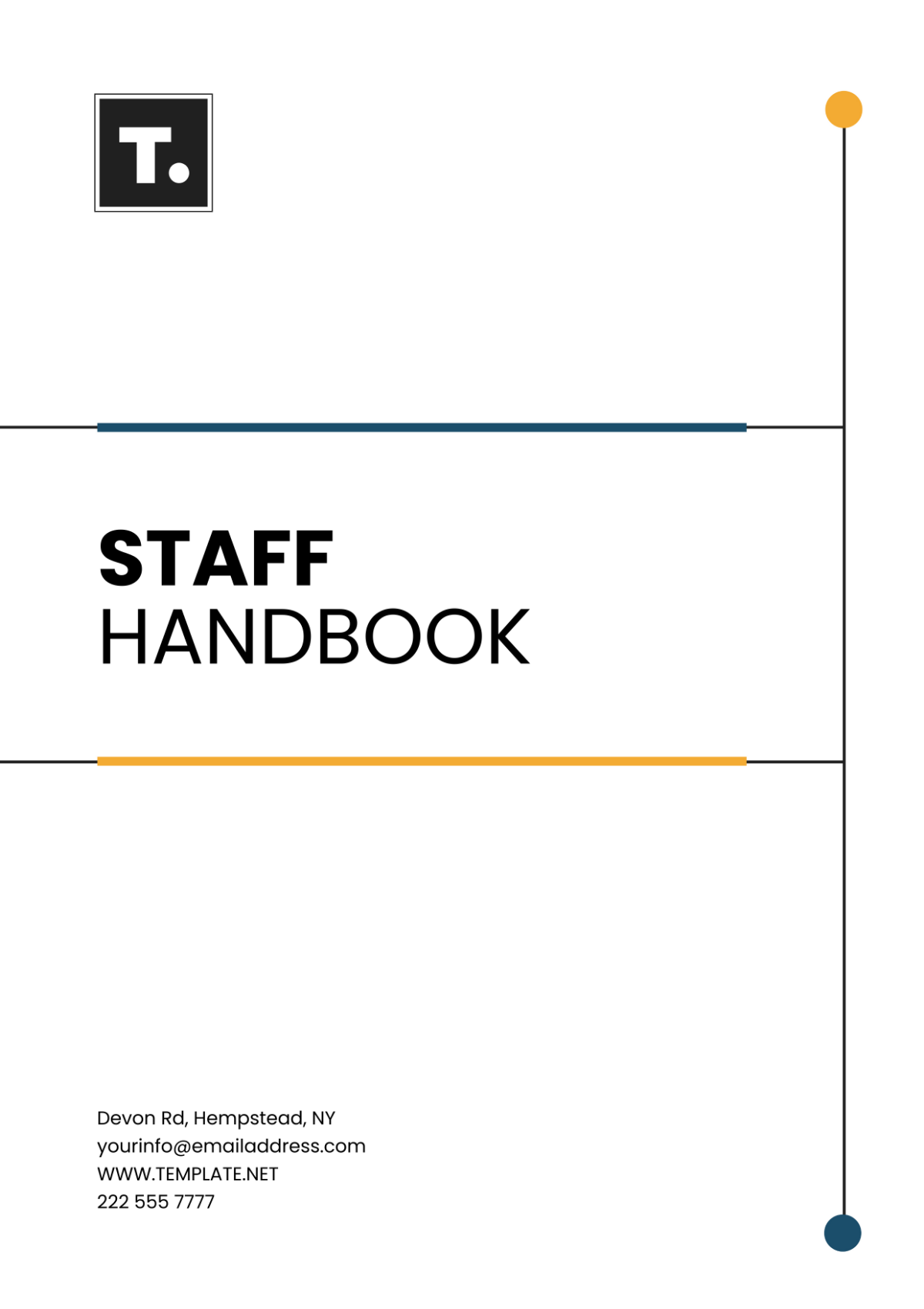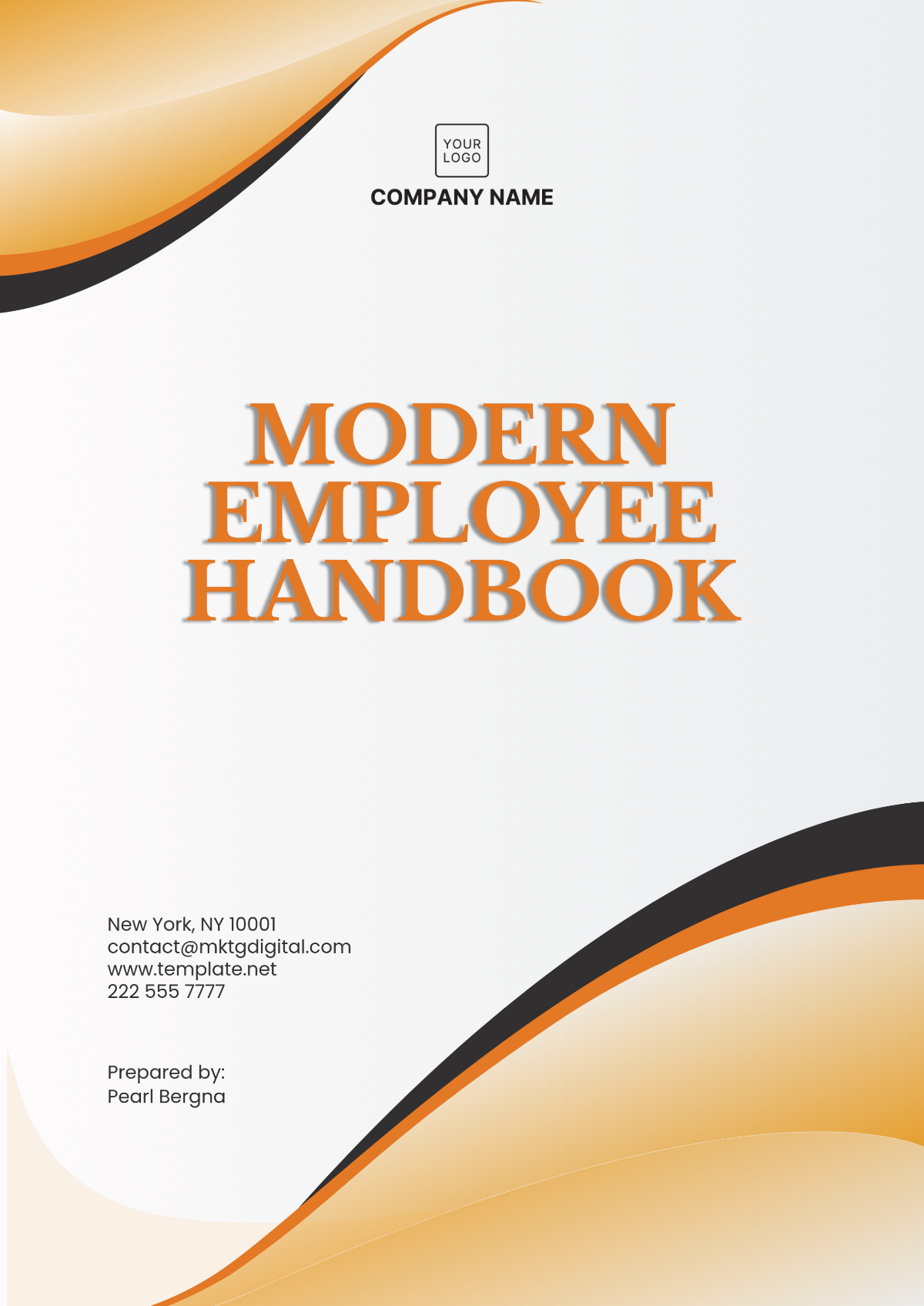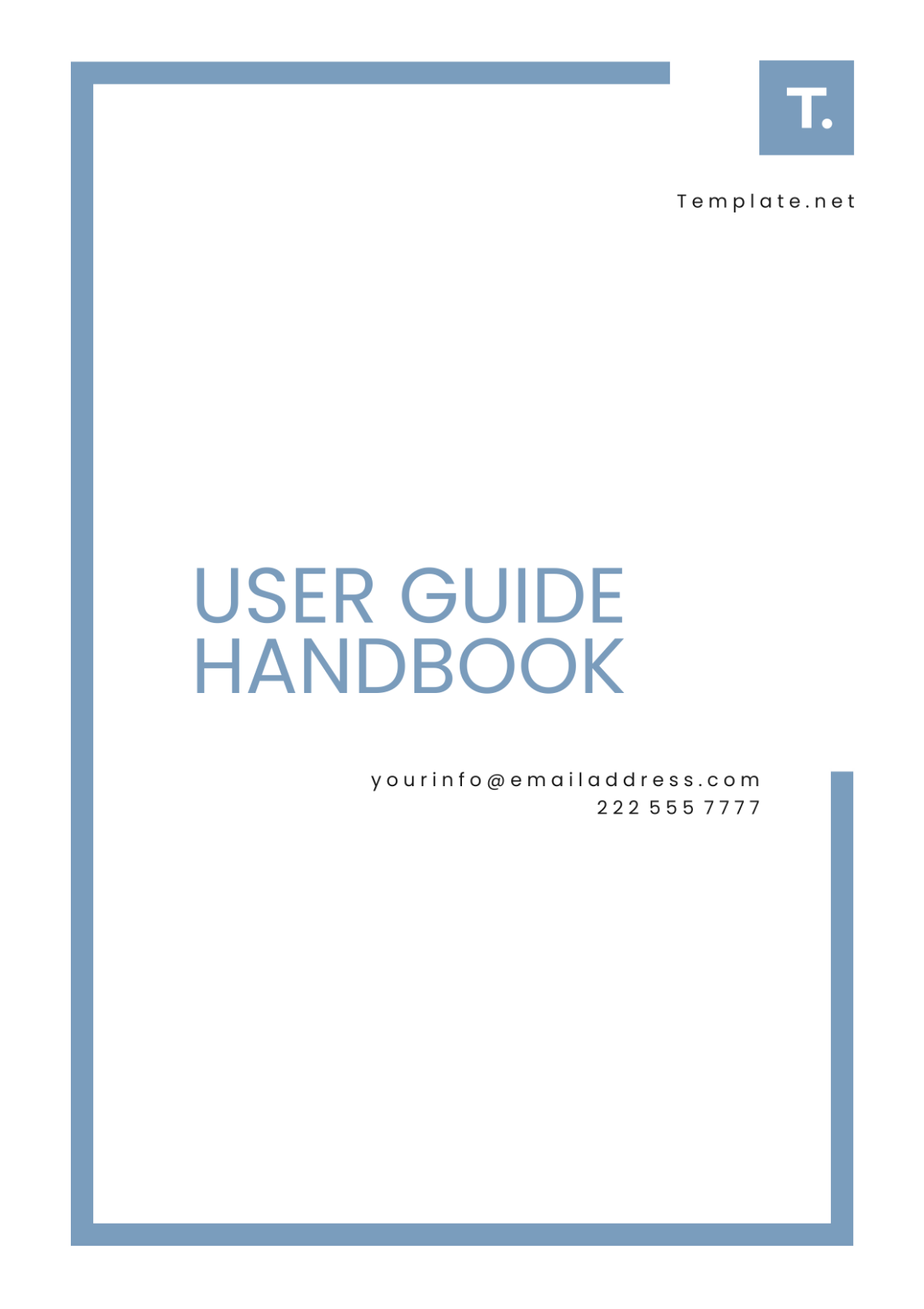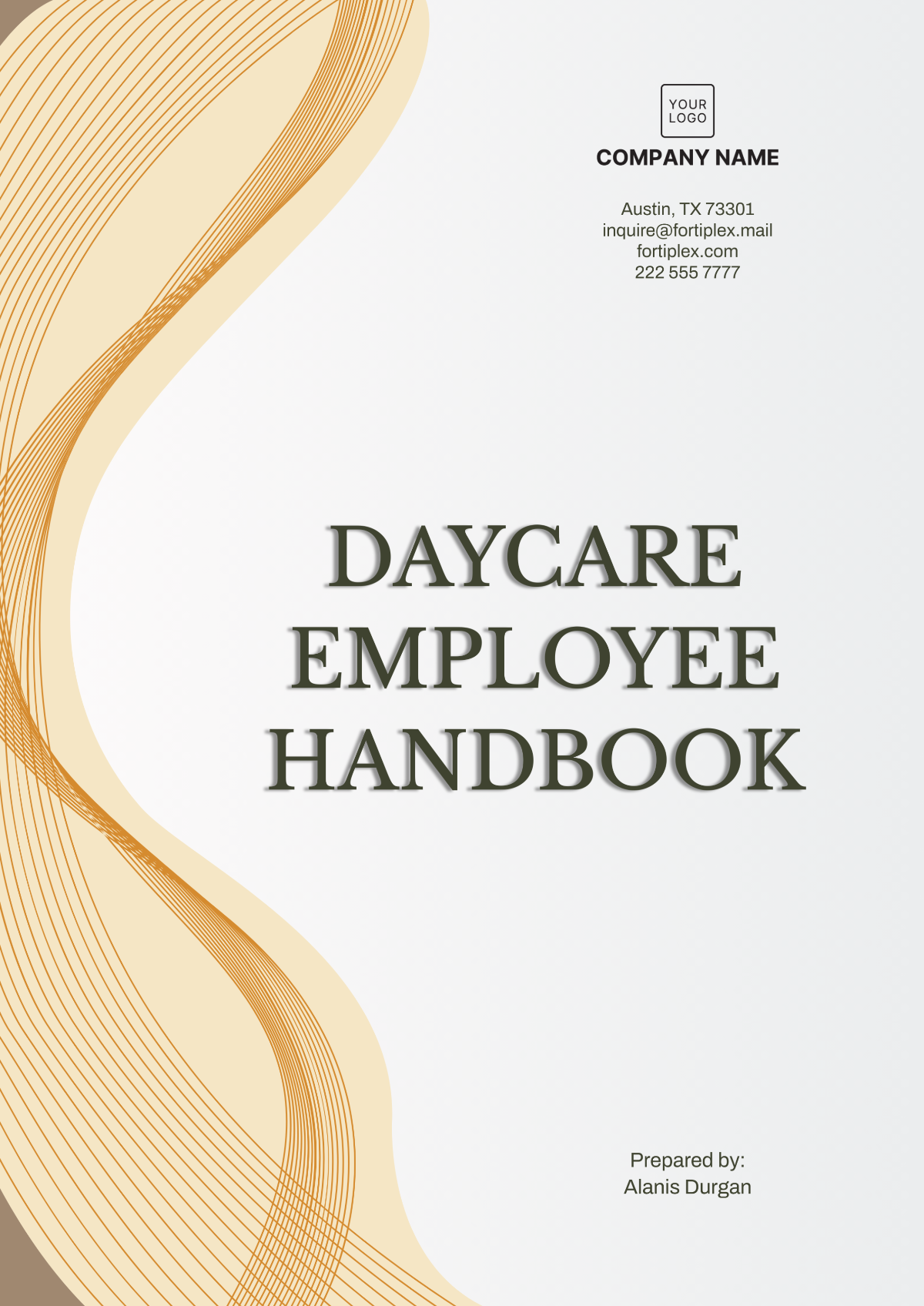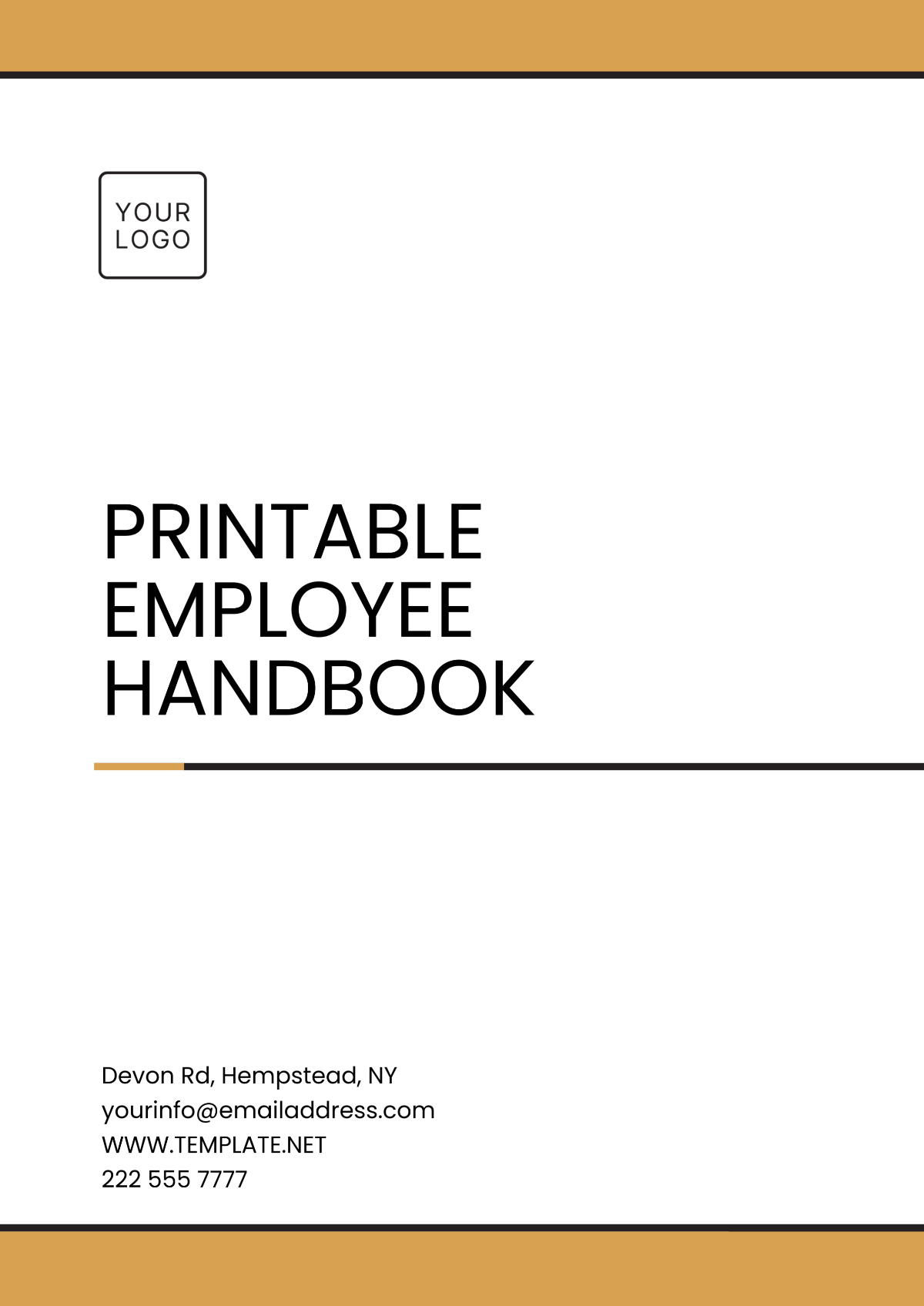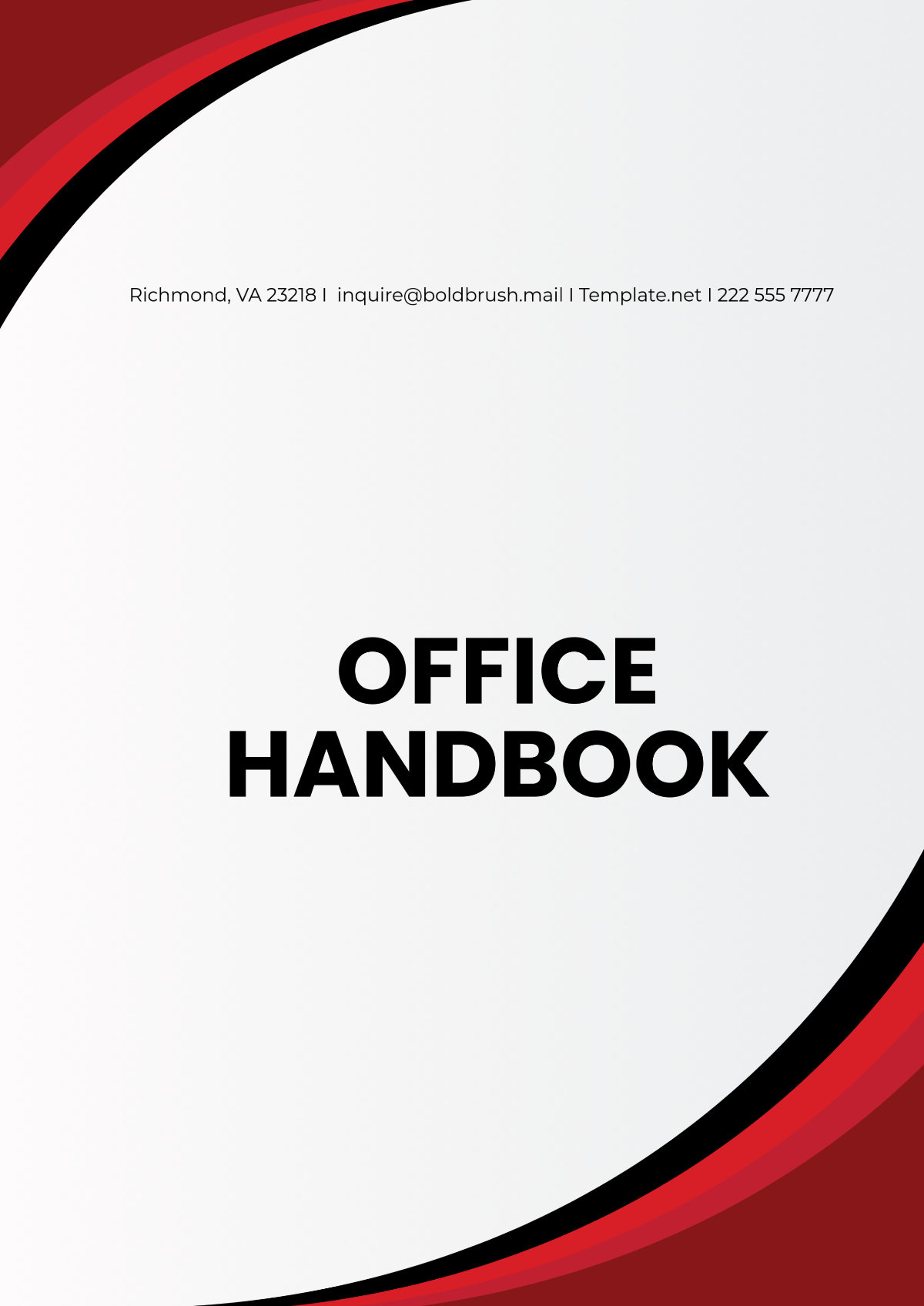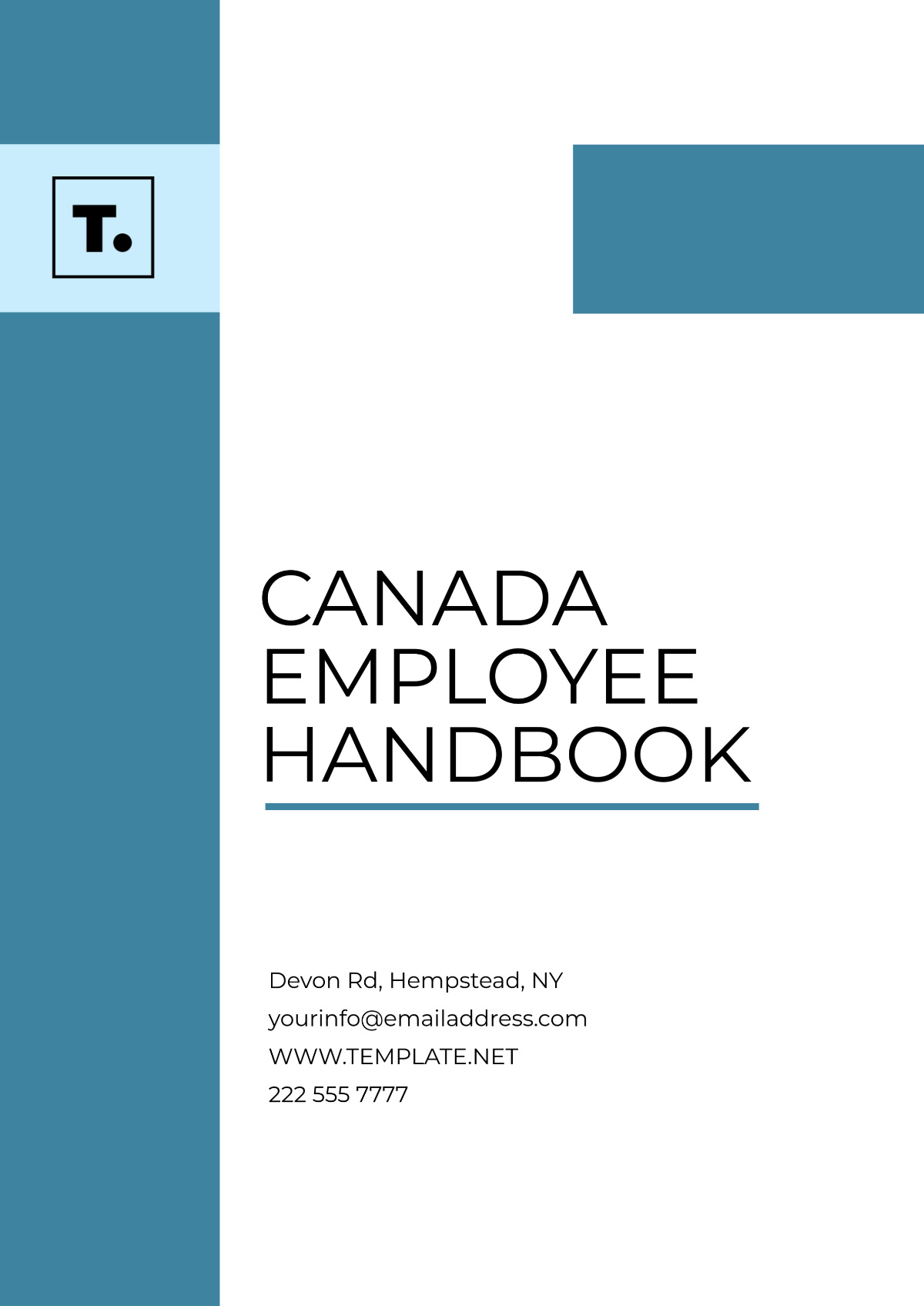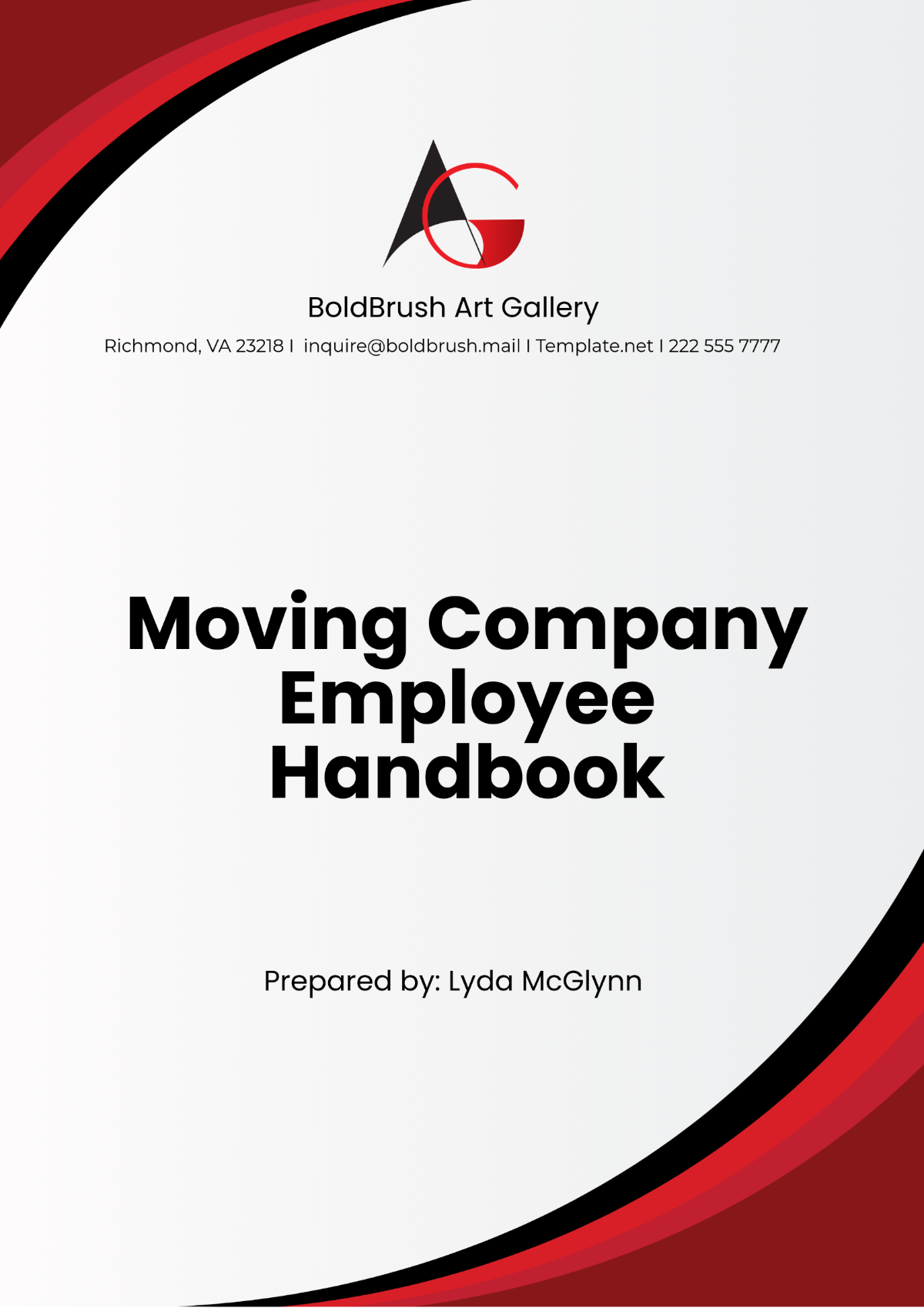Free Sales Handbook on Understanding Your Commission Slip Template
Sales Handbook On Understanding Your Commission Slip
I. Introduction
Welcome to [Your Company Name]! As a member of our dynamic sales team, it is essential to have a comprehensive understanding of your commission slip. This handbook has been carefully crafted to provide you with in-depth insights into this crucial aspect of your compensation.
At [Your Company Name], we believe in transparency and equipping our sales professionals with the knowledge they need to excel. This handbook is designed to empower you with the necessary information to navigate the intricacies of your commission slip confidently.
A. About [Your Company Name]
[Your Company Name] is a leading player in the tech industry. With a track record of [10] years of excellence, we are committed to providing top-quality products/services to our customers. Our sales team is pivotal in achieving our goals, and your success is our priority.
B. Your Role as a Sales Professional
Before delving into the specifics of commission slips, let's briefly discuss your role as a sales professional at [Your Company Name]. You are responsible for:
Identifying and pursuing sales opportunities.
Building and nurturing client relationships.
Promoting our products/services effectively.
Meeting or exceeding sales targets.
C. The Importance of Commission Slips
Commission slips are more than just financial documents; they reflect your hard work and dedication. By understanding your commission slip, you gain insight into your performance and the financial rewards associated with your efforts. This knowledge can help you make informed decisions about your career and financial planning.
II. Purpose of the Commission Slip
The commission slip serves as a crucial tool for both you and [Your Company Name]. It serves several important purposes:
A. Transparency
We believe in complete transparency regarding your earnings. The commission slip provides a detailed breakdown of your income, ensuring that you have a clear picture of how your earnings are calculated.
B. Performance Tracking
The commission slip allows you to track your sales performance over time. By analyzing your earnings, you can identify trends and areas for improvement, helping you become a more effective sales professional.
C. Motivation
Seeing the fruits of your labor on paper can be highly motivating. The commission slip shows you the direct impact of your hard work and can inspire you to strive for even greater success.
D. Financial Planning
Understanding your commission slip is crucial for financial planning. It helps you budget effectively, set financial goals, and make informed financial decisions.
E. Compliance
Commission slips also serve a regulatory purpose. They ensure that [Your Company Name] complies with all labor and taxation laws by providing you with a comprehensive earnings record.
III. Components of the Commission Slip
Your commission slip is a comprehensive document with several important components. Each section is crucial in providing you with a detailed breakdown of your earnings. Let's explore these components in detail:
A. Personal Information
Your commission slip begins with personal information, ensuring that all details are accurate and specific to you. This includes:
Name: Your full name, ensuring that your commission slip is uniquely tailored to you.
Employee ID: A unique identification number assigned to you within [Your Company Name].
Email Address: Your primary email address for communication with the company.
Contact Number: A phone number where you can be reached for work-related matters.
Address: Your current residential or work address, providing necessary contact information.
B. Sales Details
The sales details section of your commission slip provides a comprehensive overview of your sales activity during the specified period. It includes:
Sales Date: The date of each sales transaction, helping you track when the sales occurred.
Customer Name: The customer's name for each sale, enabling you to identify your client base.
Product/Service Sold: Details of the specific product or service that you sold.
Sales Amount: The total sales amount for each transaction, reflecting the financial value of your sales efforts.
C. Commission Breakdown
The commission breakdown section provides an in-depth analysis of your earnings, including all relevant details. It consists of the following key components:
Gross Sales: The total sales amount before any deductions, reflecting the full scope of your sales achievements.
Deductions and Expenses: Any applicable deductions and expenses, such as returns, marketing costs, or overhead expenses, are subtracted from gross sales.
Commission Percentage: Your commission rate, as specified in your employment contract, is applied to your net sales.
Final Commission Amount: Your commission after all deductions and expenses have been accounted for.
D. Tax Information
This section provides essential information about tax deductions from your commission earnings. It includes:
Federal Income Tax: The amount deducted for federal income tax, which is based on your tax bracket.
State Income Tax: State-specific tax deductions, if applicable, based on your location and tax regulations.
Other Deductions: Any additional deductions that may apply, such as social security contributions or healthcare premiums.
Net Commission: Your commission after all tax deductions and other applicable deductions have been subtracted.
IV. Understanding the Commission Calculation
To fully grasp your commission slip, it's essential to understand how your commission is calculated. This section breaks down the key elements of the calculation:
A. Gross Sales
Your commission is calculated based on the total sales you generated during the specified period. Gross sales represent the sum of all sales made, providing a snapshot of your overall sales performance.
B. Deductions and Expenses
Certain deductions and expenses, such as returns, marketing costs, or overhead expenses, are subtracted from your gross sales. These deductions ensure that your commission reflects your net sales, accounting for any expenses associated with your sales efforts.
C. Commission Percentage
The terms of your employment contract determine your commission rate. It is a percentage applied to your net sales to calculate your commission before taxes. This rate can vary depending on your position, sales volume, or other performance factors.
D. Final Commission Calculation
After applying your commission rate and subtracting tax deductions and other applicable deductions, you arrive at your final commission amount. This is the earnings that you will receive for the specified period.
V. Commission Slip Distribution
Understanding your commission slip is crucial, but it's equally important to know when and how you will receive it. In this section, we will provide you with details about the distribution process of your commission slip.
A. Distribution Frequency
Commission slips at [Your Company Name] are typically distributed on a regular schedule. The specific frequency may vary depending on the company's payroll and accounting procedures. The most common distribution intervals are:
Monthly: Many sales professionals receive their commission slips on a monthly basis, providing a detailed summary of their earnings for the previous month.
Bi-Monthly: Some opt for a bi-monthly distribution, with commission slips covering a two-week period.
Quarterly: In certain industries, commission slips are distributed quarterly, aligning with fiscal quarters.
It's essential to familiarize yourself with the distribution schedule relevant to your position at [Your Company Name] to ensure you receive your commission slip promptly.
B. Delivery Methods
Commission slips are typically delivered through various methods to ensure accessibility and convenience for all employees. The primary delivery methods include:
Email: Many commission slips are sent electronically via email. This method allows for quick and efficient delivery and ensures that you have a digital record for your reference.
Employee Portal: We also provide access to an employee portal or intranet where you can securely log in and view or download your commission slip.
Physical Mail: In certain cases, commission slips may be physically mailed to your designated address. This method is less common but still used by some organizations.
Hand Delivery: When physical presence is required, commission slips may be handed out in person during team meetings or company gatherings.
C. Security and Privacy
Maintaining the confidentiality and security of your commission slip is of utmost importance. To ensure your financial information remains protected:
Access Control: If your commission slip is accessible online or through an employee portal, ensure that your login credentials are kept secure. Access is restricted to authorized personnel only.
Email Security: If commission slips are sent via email, be cautious about sharing your commission slip with anyone who should not have access to it. Use strong, unique passwords for your email account.
Physical Copies: If you receive a physical copy of your commission slip, store it in a secure location, such as a locked drawer or filing cabinet, to prevent unauthorized access.
VI. Frequently Asked Questions
In this section, we address some common questions that sales professionals at [Your Company Name] often have regarding their commission slips. We aim to provide clear and comprehensive answers to ensure you have a complete understanding of this critical aspect of your compensation:
A. How Often Will I Receive My Commission Slip?
You can expect to receive your commission slip regularly, typically monthly. The exact timing may vary based on your company's payroll and accounting processes. It is essential to keep track of these dates to plan your finances effectively.
B. What Taxes Are Deducted?
Your commission slip includes deductions for various taxes. These deductions may include:
Federal Income Tax: The federal government requires employers to withhold income tax from your earnings. The exact amount depends on your income level and tax bracket.
State Income Tax: Depending on your location, your commission slip may show deductions for state income tax. Each state has its tax rates and regulations.
Other Deductions: Some commission slips may include deductions for social security contributions, healthcare premiums, or other benefits as per your employment agreement.
C. Can I Appeal My Commission Calculation?
Yes, you can appeal your commission calculation if you believe there is an error or discrepancy. To initiate an appeal, follow these steps:
Review Your Commission Slip: Carefully review your commission slip to identify the specific issue or discrepancy.
Contact HR or Payroll: Contact your company's HR department or payroll team. Provide them with a detailed explanation of the problem and any supporting documentation.
Request a Review: Request a review of your commission calculation. Your company will investigate the matter and make any necessary adjustments if an error is found.
Follow Up: Stay in communication with HR or payroll to ensure that your appeal is being addressed promptly and accurately.
VII. Tips for Maximizing Your Commission
To help you excel in your role as a sales professional and maximize your earnings, we've compiled a list of valuable tips and strategies. These insights are designed to enhance your sales performance and boost your commission:
A. Understand Your Products/Services
To effectively sell products or services, you must have a deep understanding of what the company is offering. Familiarize yourself with the features, benefits, and value propositions of your offerings.
B. Build Strong Customer Relationships
Building strong relationships with your clients can lead to repeat business and referrals. Be attentive, responsive, and focused on providing excellent customer service.
C. Set Clear Goals
Set specific, achievable sales goals for yourself. Clear objectives will motivate you and provide a roadmap for your sales efforts.
D. Time Management
Effective time management is crucial in sales. Prioritize your tasks and allocate time for prospecting, follow-ups, and administrative work to maximize your productivity.
E. Continuous Learning
Stay updated on industry trends, product knowledge, and sales techniques. Continuous learning can make you a more valuable sales professional.
F. Collaborate with Colleagues
Collaboration with your fellow sales professionals can lead to insights and strategies that can improve your performance collectively.
G. Monitor Your Progress
Regularly review your sales metrics and commission slips. Identify areas where you excel and areas where you can improve, then adjust your strategies accordingly.
H. Seek Feedback
Don't hesitate to seek feedback from your supervisors and colleagues. Constructive feedback can help you refine your skills and achieve better results.
VIII. Conclusion
Congratulations on completing this comprehensive handbook on understanding your commission slip at [Your Company Name]. We hope that this guide has provided you with valuable insights into this crucial aspect of your compensation. As you embark on your journey as a sales professional, keep the following key takeaways in mind:
A. Transparency
Your commission slip reflects our commitment to transparency. You now have a clear understanding of how your earnings are calculated and can access this information regularly.
B. Performance Tracking
Your commission slip is a tool for tracking your sales performance. Use it to assess your progress, identify areas for improvement, and set achievable goals.
C. Motivation
Let your commission slip motivate you to strive for excellence. Seeing the direct results of your hard work can be a powerful incentive to push your boundaries and achieve greater success.
D. Financial Planning
Understanding your commission is essential for effective financial planning. It helps you budget, set financial goals, and make informed decisions.
E. Compliance
Your commission slip ensures that [Your Company Name] complies with all labor and taxation laws. You can trust that your earnings are being calculated accurately and by regulations.
Remember that your success as a sales professional is not only about the numbers but also about building strong customer relationships, continuous learning, and effective sales strategies. We are here to support you in your journey, so don't hesitate to contact us if you have any further questions or need assistance at [Your Company Email] or call [Your Company Number].






